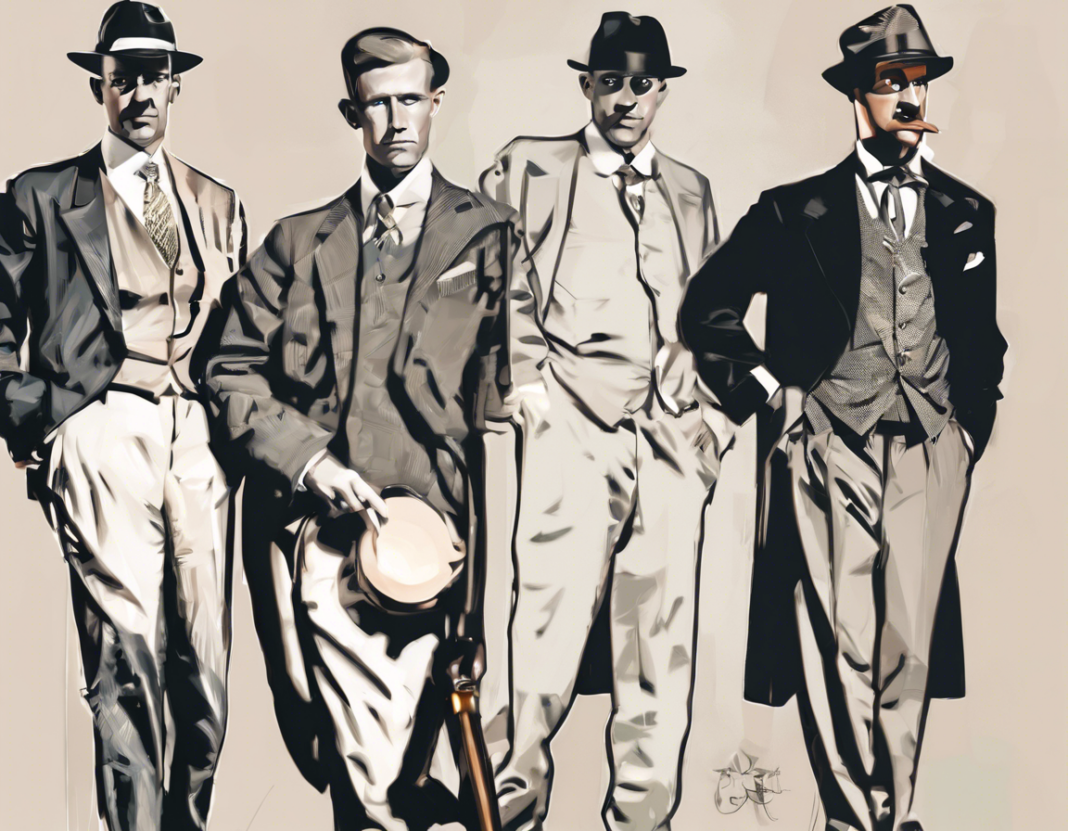Introduction
Mosley Thompson Manning, more commonly known as M.T. Manning, is an iconic figure in the realm of history and civil rights activism in the United States. Manning, a prominent civil rights leader hailing from the Deep South, dedicated his life to the pursuit of social justice and equality for all. His contributions to the Civil Rights Movement of the 1960s and his unwavering commitment to nonviolent protest have left an indelible mark on American society. In this article, we delve into the legacy of Mosley Thompson Manning, his impact on civil rights, and his enduring influence on subsequent generations.
Early Life and Background
Born in Mississippi in 1935, Mosley Thompson Manning grew up in a racially segregated society characterized by deep-rooted inequalities and pervasive discrimination. Manning’s formative years were shaped by the harsh realities of Jim Crow laws, which enforced racial segregation and perpetuated systemic racism. Despite the obstacles he faced, Manning demonstrated an early passion for social justice and equality, inspired by the teachings of prominent civil rights leaders such as Martin Luther King Jr. and Rosa Parks.
Civil Rights Activism and Leadership
M.T. Manning emerged as a leading figure in the Civil Rights Movement of the 1960s, organizing protests, marches, and sit-ins to challenge racial segregation and demand equal rights for African Americans. Manning’s approach to activism was guided by the principles of nonviolent resistance, a strategy championed by civil rights leaders such as Mahatma Gandhi and Martin Luther King Jr. His commitment to nonviolent protest not only showcased the moral superiority of the civil rights cause but also inspired countless individuals to join the fight for justice and equality.
One of Manning’s most notable contributions to the Civil Rights Movement was his role in the historic Selma to Montgomery marches of 1965. These marches, which aimed to secure voting rights for African Americans, were met with violent opposition from law enforcement and white supremacist groups. Despite facing brutal repression and intimidation, Manning and his fellow activists remained steadfast in their commitment to nonviolence, drawing national attention to the injustices faced by African Americans in the South.
Legacy and Impact
The legacy of Mosley Thompson Manning extends far beyond his active involvement in the Civil Rights Movement. Manning’s unwavering dedication to justice and equality continues to inspire future generations of activists and advocates fighting for social change. His commitment to nonviolent protest as a powerful tool for social transformation remains a guiding principle for contemporary movements advocating for civil rights, environmental justice, and peace.
Manning’s legacy also serves as a reminder of the enduring struggle for racial equality and social justice in the United States. While significant progress has been made since the days of the Civil Rights Movement, systemic racism and structural inequalities persist in American society. Manning’s fearless advocacy for equality serves as a call to action for all individuals to confront and dismantle the systems of oppression that continue to marginalize communities of color.
Challenges and Controversies
Despite his admirable contributions to the Civil Rights Movement, Mosley Thompson Manning faced challenges and controversies throughout his activist career. Some critics argued that Manning’s commitment to nonviolence was naive and ineffective in the face of systemic racism and oppression. Others questioned his leadership style and decision-making process, leading to internal conflicts within the civil rights movement.
Moreover, Manning’s advocacy for intersectional justice, which aimed to address the interconnected nature of oppression based on race, gender, class, and other social identities, was met with resistance from some quarters. While Manning’s intersectional approach to activism was ahead of its time, it also sparked debates and disagreements within the broader civil rights movement.
Continuing the Legacy
As we reflect on the life and legacy of Mosley Thompson Manning, it is essential to recognize the ongoing relevance of his work in today’s world. The principles of nonviolent resistance, equality, and justice that Manning championed remain indispensable tools for creating a more just and equitable society. By honoring Manning’s legacy through continued advocacy and activism, we can uphold the values of the Civil Rights Movement and work towards a more inclusive and fair society for all.
Conclusion
Mosley Thompson Manning’s enduring legacy as a civil rights leader, activist, and visionary serves as a testament to the power of grassroots organizing, nonviolent protest, and steadfast commitment to social justice. His contributions to the Civil Rights Movement have left an indelible mark on American history and continue to inspire individuals and communities to fight for equality and equity. As we navigate the challenges of our present moment, Manning’s legacy reminds us of the transformative potential of collective action and solidarity in the pursuit of a more just and equitable society.
FAQs:
- What role did Mosley Thompson Manning play in the Civil Rights Movement?
-
Mosley Thompson Manning was a prominent civil rights leader who organized protests, marches, and sit-ins to challenge racial segregation and advocate for equal rights for African Americans. He was known for his commitment to nonviolent resistance as a strategy for social change.
-
What were some of the key challenges Mosley Thompson Manning faced during his activist career?
-
Manning faced criticisms of his nonviolent approach, internal conflicts within the civil rights movement, and resistance to his advocacy for intersectional justice. These challenges underscored the complexities of activism and social change.
-
How does Mosley Thompson Manning’s legacy continue to resonate today?
-
Manning’s legacy continues to inspire contemporary movements for social justice, environmental sustainability, and peace. His emphasis on nonviolent protest and intersectional activism remains relevant in the ongoing struggle for equality and equity.
-
What were some of the notable achievements of Mosley Thompson Manning in the Civil Rights Movement?
-
Manning played a significant role in the Selma to Montgomery marches of 1965, which aimed to secure voting rights for African Americans. His leadership and commitment to nonviolence helped draw national attention to the injustices faced by African Americans in the South.
-
How can individuals honor the legacy of Mosley Thompson Manning in their own activism and advocacy efforts?
- Individuals can honor Manning’s legacy by upholding the values of nonviolent resistance, equality, and justice in their activism. By working towards a more inclusive and fair society, individuals can contribute to the ongoing pursuit of social change and transformation.









